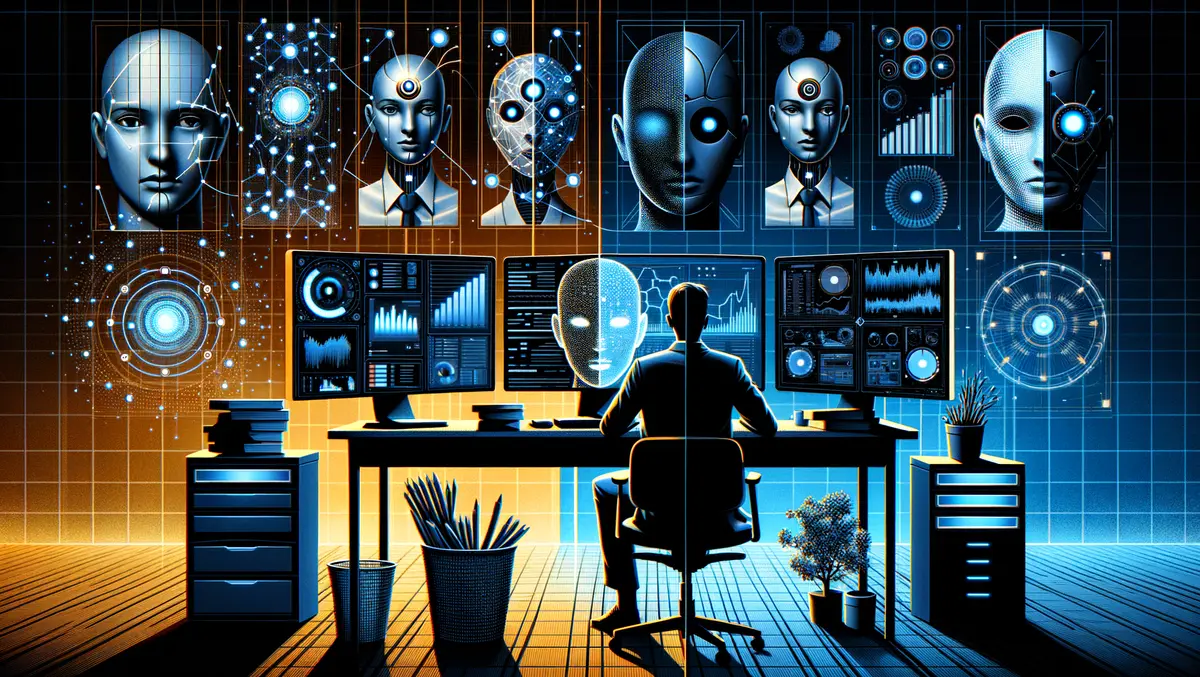
The double-edged sword of AI in the post-Covid remote work era
As the post-Covid world leans towards remote and hybrid working models, the increased use of AI-driven technology is creating unique complications in working lives. Workers are confronting new issues, such as obscured work transparency, manipulation of their behaviour and constraints on their autonomy—something frequently sought by individuals choosing remote work over office-based routines.
AI is making considerable strides in optimising business practices, especially for remote workers. Employed correctly, AI can be instrumental in enhancing collaboration, striking a healthy work-life balance, and ensuring greater security. However, its introduction is not without significant challenges that the remote working industry grapples with.
Paul Oppong, a prominent thought leader on project and portfolio management, explains that post-pandemic remote working has become increasingly prominent, particularly in start-ups and small businesses. The shift has been motivated by lower costs, increased flexibility, and access to a broader talent pool. While AI platforms offer considerable support to such setups, they also introduce unique issues that demand attention.
Mr Oppong cautions that AI isn't necessarily the sought-after 'Golden Bullet', stating: "We are starting to see exciting tools and applications driven by AI for remote and hybrid workers. AI can automate tasks, provide insights, improve communication, and boost security. However, I don't think that AI is the only or the best solution for every remote work situation. Start-ups should consider their specific needs, goals, and resources before adopting any technology."
He further suggests that AI demands meticulous implementation, management, and evaluation. The technology can obscure the transparency and accessibility of remote work processes and their outcomes. "These systems may not be able to explain how they arrived at their decisions or recommendations, or what data or criteria they used. AI systems may also not be able to provide feedback or justification for their actions or errors, which is problematic within a business, and when communicating or providing reports to managers."
In essence, remote workers need to demonstrate greater transparency and accountability compared to traditional office counterparts. Miscommunication or additional work reviews can stem from AI-induced confusion. Moreover, autonomy, a crucial part of remote work, could be hampered by AI systems. By taking over tasks and decision-making, AI could impose control and limit creativity, negatively affecting the flexibility that initially attracted individuals to remote working.
Careful regulation and consideration are required to ensure AI's ethical, fair, and responsible use in supporting remote work. Mr Oppong suggests that remote workers and employers must carefully consider the advantages and disadvantages of AI to navigate the evolving job market. While AI can significantly improve remote work productivity and satisfaction, it must be used with human supervision, direction, and teamwork to maximise its benefits effectively.
Mr Oppong concludes: "Remote workers and employers will need to balance the benefits and drawbacks of AI and adapt to the changing job landscape. AI can be a powerful tool for enhancing remote work performance and experience, but it also requires human oversight, guidance, and collaboration."


